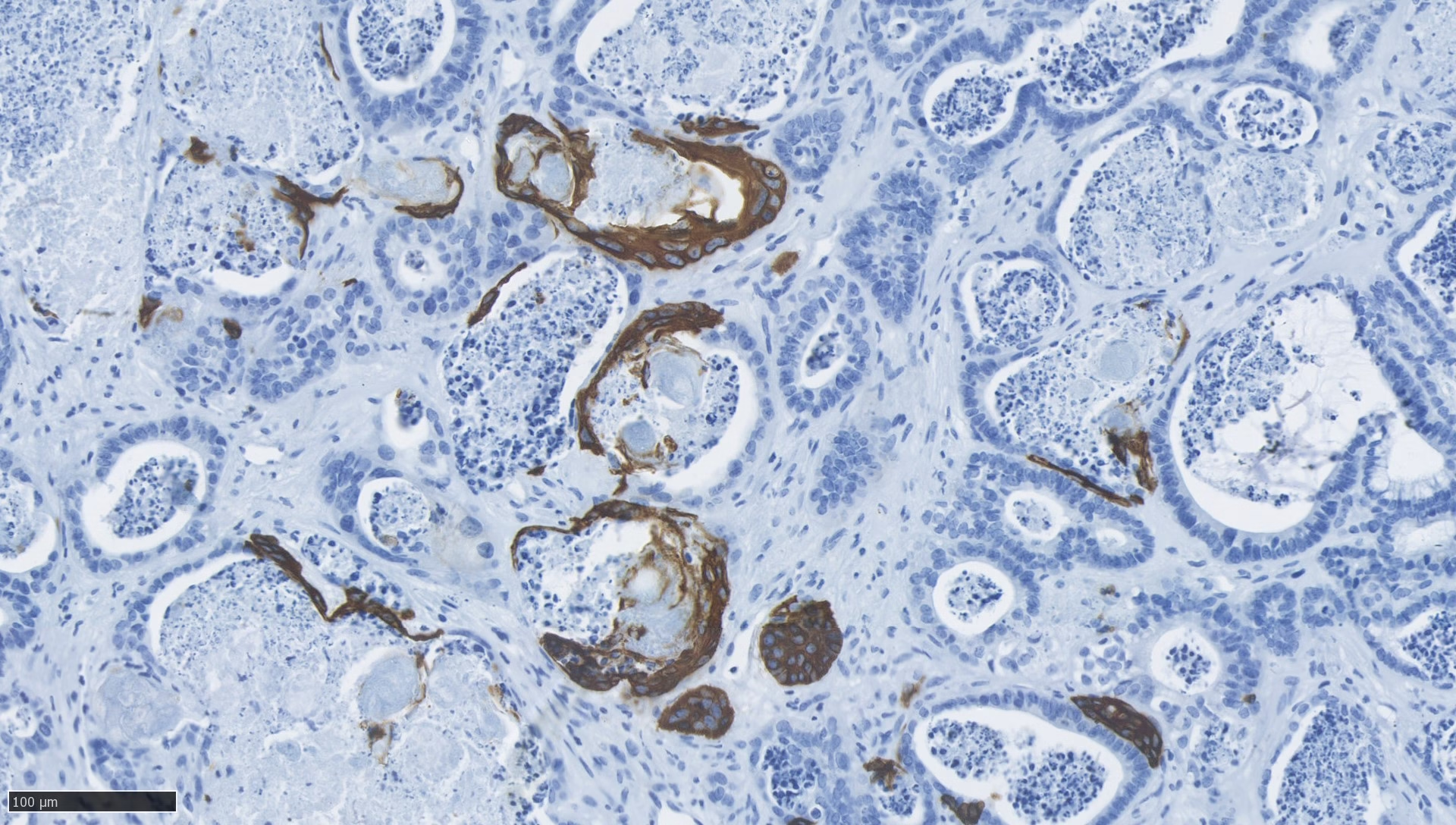Scientists have uncovered a major breakthrough in bowel cancer research: cancer cells in the bowel can transform into skin or muscle-like cells, enabling them to spread more aggressively throughout the body. This discovery sheds light on rising global cases, particularly among young people, and may pave the way for more effective treatments.
The study, led by researchers from the Cancer Research UK Scotland Centre and the University of Edinburgh, identified that bowel cancer becomes more dangerous when cells undergo cellular plasticity—a process where they lose their original identity. The cancerous colonic cells begin to mimic squamous cells (which form skin) and muscle cells, both of which are naturally more robust and capable of withstanding harsh conditions.
Bowel cancer is the second leading cause of cancer-related deaths in the UK, claiming 16,800 lives annually, including 1,700 in Scotland. Alarmingly, cases among people aged 25–49 are rising in 27 of 50 countries, according to a recent study published in The Lancet Oncology. Scotland is particularly affected, with approximately 4,000 diagnoses each year.
Dr. Kevin Myant of the University of Edinburgh explained:
“Our research has discovered one way that aggressive bowel cancer is able to spread is by ‘shapeshifting’ to resemble skin or muscle cells rather than bowel cancer cells.”
This shapeshifting ability makes cancer cells more resilient and aids in metastasis—the spread of cancer to other parts of the body, such as the liver, lymph nodes, and diaphragm. Researchers focused on the Atrx gene, already linked to aggressive bowel cancer. When this gene was inactivated in mice and human tissue, the number of metastatic tumors significantly increased.
Lead researcher Dr. Patrizia Cammareri added:
“Skin cells can tolerate much harsher conditions… this may be a strategy that helps bowel cancer cells become more robust and spread more easily.”
Published in Nature, the study—“Loss Of Colonic Fidelity Enables Multilineage Plasticity And Metastasis”—was funded by the Medical Research Council and the European Research Council. The findings could be crucial in developing therapies that block cellular plasticity, keeping cancer cells from transforming and spreading.
Dr. Catherine Elliott, Director of Research at Cancer Research UK, emphasized the importance of early detection and prevention of metastasis:
“Research like this, which could lead to new ways to stop that spread, offers great hope.”
Cancer Research UK is also investing £5.5 million in the CRC-STARS initiative, which brings together over 40 bowel cancer experts to find more personalized and less invasive treatments.



